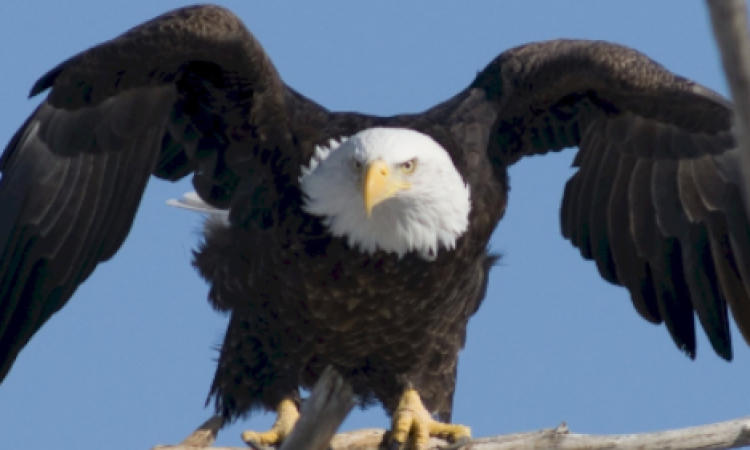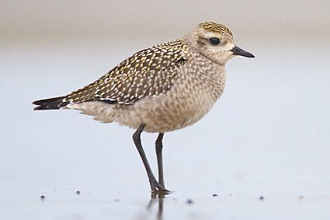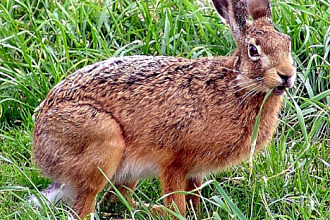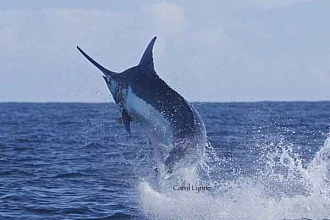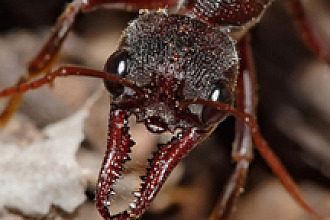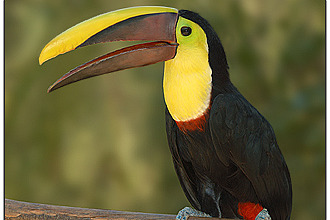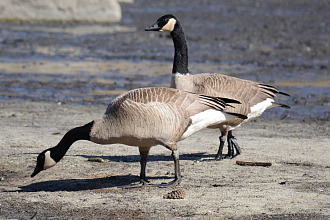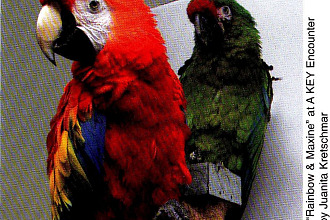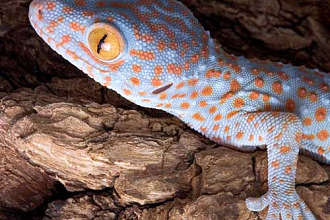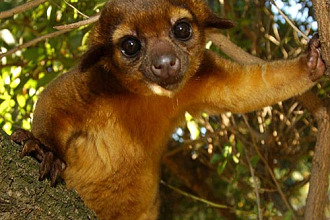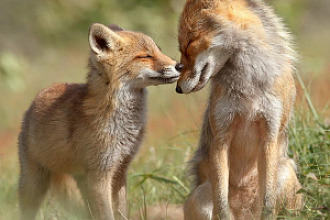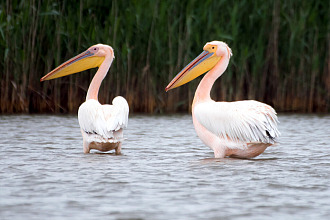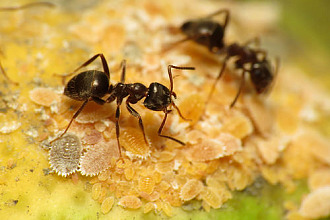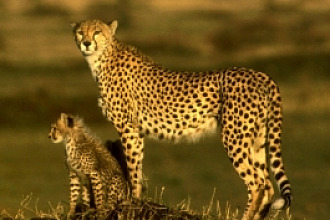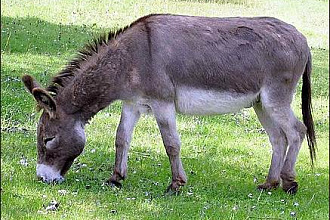"The Bible verse found in Isaiah 40:31 says they who "wait upon the Lord . . . shall mount up with wings as eagles."
Eagles do often use thermal updrafts to soar on high—but there is even more to discover about their creation that is clearly not by accident": Excerpt from August 2006 AKE newsletter
Bald Eagles are NOT bald. Their name comes from an Old English word meaning "white" that is spelled "balde" and was given because of the adult bird's distinctive white head feathers. These birds have some 7,000 strong, interlocking, down-lined feathers—a not-by-acci¬dent gift to insulate from the cold, and protect from rain.. (Half of these eagles live in Alaska, enjoying salmon there!) The 7+foot wingspan and 12+ lbs weight puts them at the top of the food chain, with few predators. And their eyes are about the size of the human eye—but their sight is four times as sharp! They have two centers of focus, enabling them to see both sidewise and straight ahead simultaneously. An inner membrane passes over their eyes every three to four seconds, continuously wiping dirt and dust from the cornea. Yet, while the eye is being cleansed, they can still see through the translucent (clear) membrane. It's a not by accident design so the eagle can keep track of dead or dying creatures hundreds of feet below that they're preparing to pounce upon! (They're part of God's garbage-collector brigade of creatures that dispose of carcasses.) They have 1,000 pounds of pressure per square inch in each foot. The eagle swoops down for a fish, (diving 75-100 miles an hour.) If the fish is too large to carry, the eagle will swim to shore using its strong wings in a butterfly stroke! This, too, is a God-given not-by-accident skill and is very useful if the shore is nearby.
Parent eagles, when raising their young, close their razor-sharp talons into a fist when walking in their huge nests. Otherwise their open talons could destroy their eggs or skewer their offspring! It's another kind, protective, not-by-accident instinct their Creator instilled within them.
Incidentally, during the 35 days when the eggs are being incubated, the male regularly brings green conifer sprigs to the nest. Researchers don't know if it is to provide shade, or used as a deodorant! It's not by accident, however, and we can ask our Creator about it one day soon, when we soar upward also!
"NOT BY ACCIDENT" (c) Juanita Kretschmar is used by permission and was first published in the book "Not By Accident" page 27.
Picture originally found here

